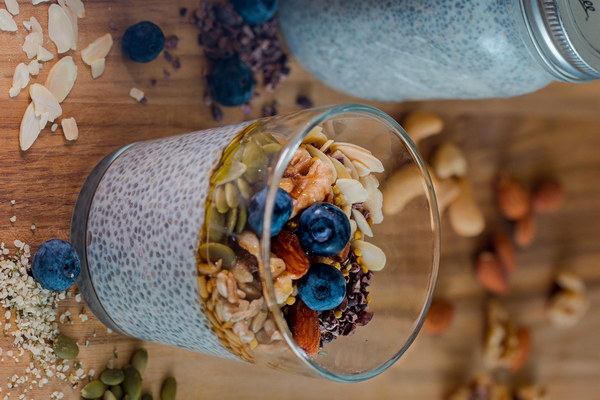Maximize Liver Health Unveiling the Ultimate Liver Care Techniques
Introduction:
The liver plays a crucial role in maintaining our overall health and well-being. It filters out harmful substances, metabolizes nutrients, and produces bile, which aids in digestion. However, due to poor lifestyle choices and environmental factors, the liver may become overwhelmed and susceptible to damage. In this article, we will explore the best methods to care for your liver, ensuring its optimal functioning and longevity.

1. Maintain a Healthy Diet:
A balanced diet is vital for liver health. Incorporate the following foods into your daily meals:
a. Leafy Greens: Spinach, kale, and other leafy greens are rich in antioxidants that help protect the liver from oxidative stress.
b. Cruciferous Vegetables: Broccoli, cauliflower, and cabbage contain compounds that support the liver's detoxification processes.
c. Nuts and Seeds: Almonds, walnuts, and flaxseeds are packed with omega-3 fatty acids, which help reduce inflammation and promote liver health.
d. Fruits: Berries, apples, and oranges are high in antioxidants and fiber, which aid in the elimination of toxins.
e. Lean Proteins: Fish, poultry, and legumes provide essential amino acids that support liver repair and regeneration.
f. Whole Grains: Oats, barley, and quinoa are rich in fiber, which helps improve digestion and liver function.
2. Stay Hydrated:
Water is crucial for maintaining liver health. It aids in the elimination of toxins and supports the liver's metabolic processes. Aim to drink at least 8 glasses of water per day, and increase this amount if you engage in physical activity or live in a hot climate.
3. Avoid Alcohol and Drugs:
Excessive alcohol consumption and drug use can significantly damage the liver. Limit your alcohol intake to moderate levels, and avoid illegal or prescription drugs unless prescribed by a healthcare professional.
4. Exercise Regularly:
Physical activity promotes overall health, including liver function. Engage in regular exercise, such as walking, jogging, swimming, or cycling, for at least 30 minutes a day to boost your liver's efficiency.
5. Get Enough Sleep:
Sleep is essential for liver health, as it allows the liver to repair and regenerate itself. Aim for 7-9 hours of quality sleep each night, and establish a consistent sleep schedule.
6. Manage Stress:
Chronic stress can lead to inflammation and liver damage. Practice stress-reducing techniques such as meditation, deep breathing exercises, or yoga to maintain a healthy liver.
7. Regular Check-ups:
Schedule regular liver function tests with your healthcare provider to monitor your liver's health and detect any potential issues early on.
Conclusion:
Taking care of your liver is essential for overall health and well-being. By following these best practices, such as maintaining a healthy diet, staying hydrated, avoiding alcohol and drugs, exercising regularly, getting enough sleep, managing stress, and undergoing regular check-ups, you can ensure your liver remains strong and functional for years to come. Remember, a healthy liver is a happy liver!









